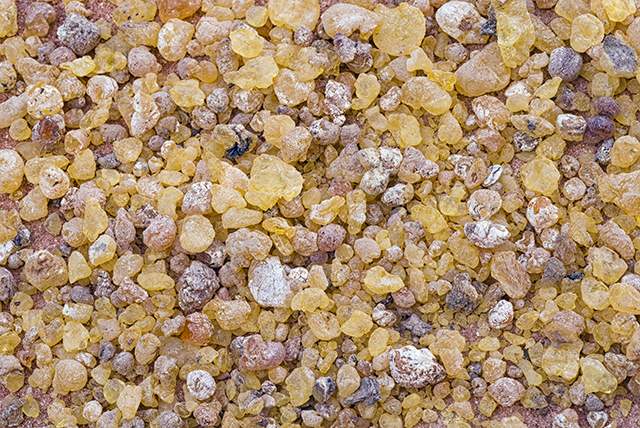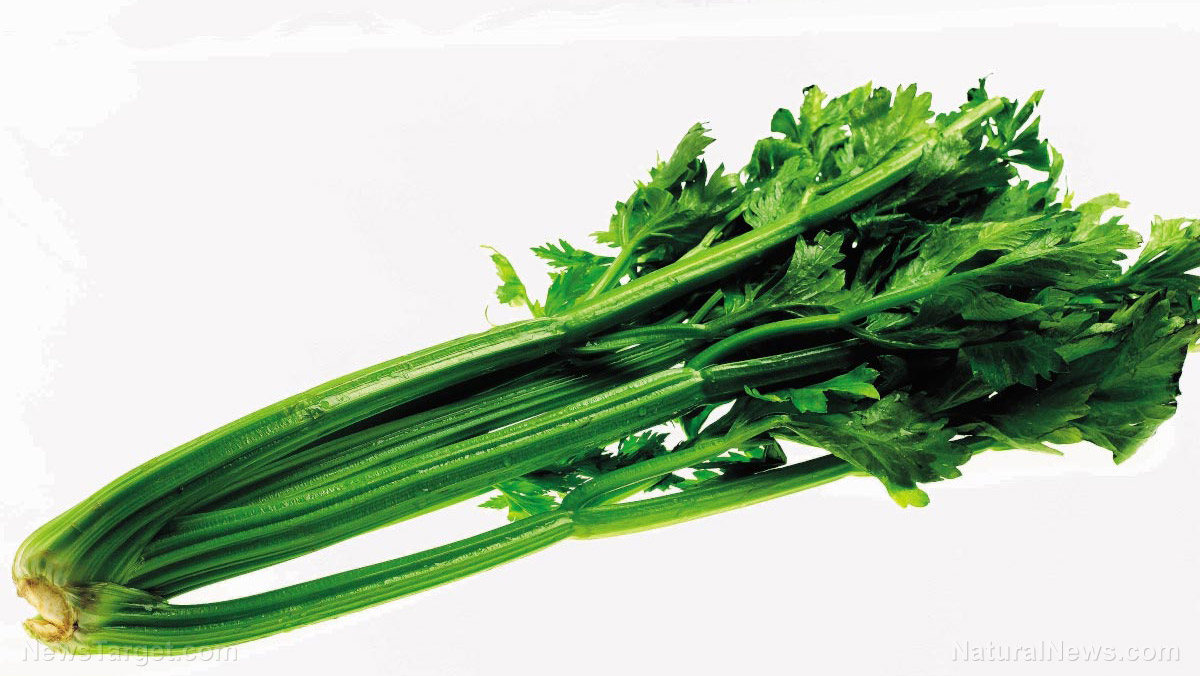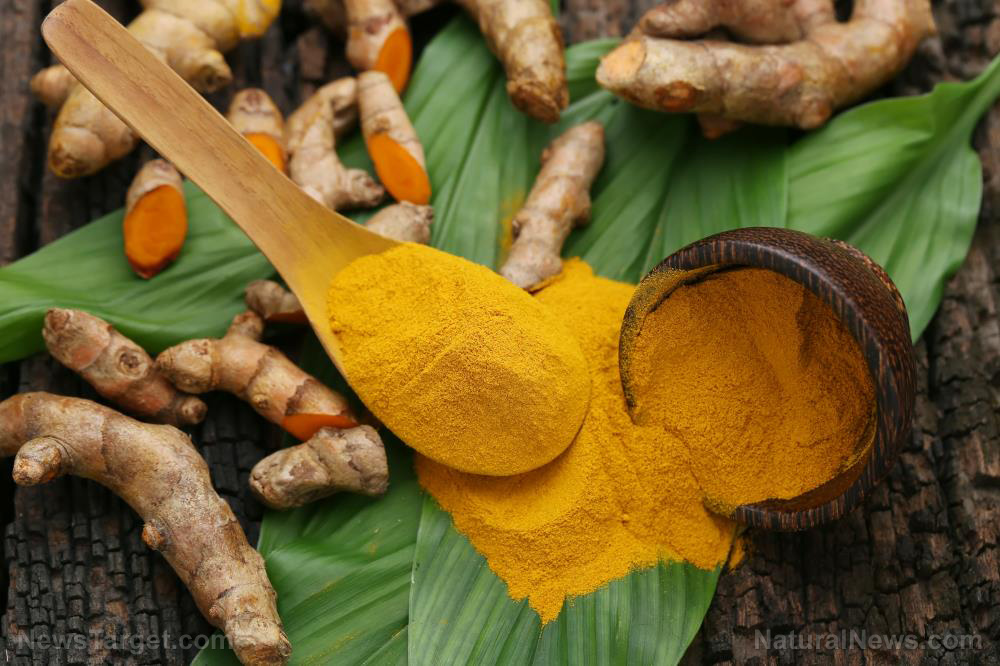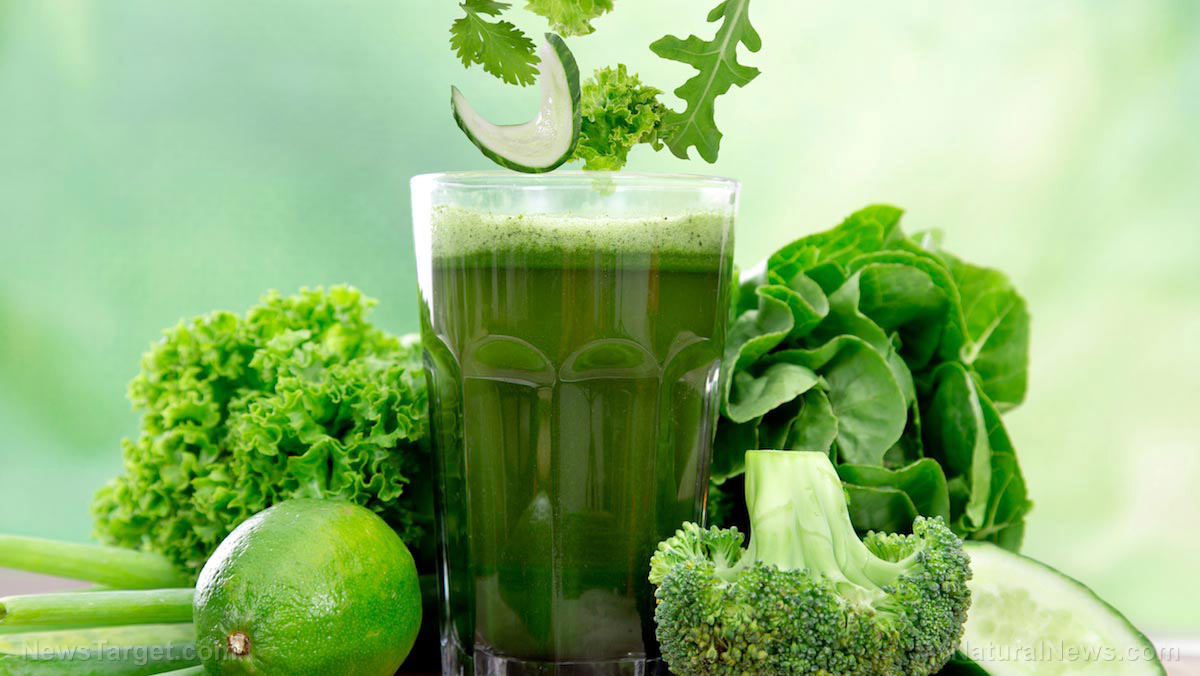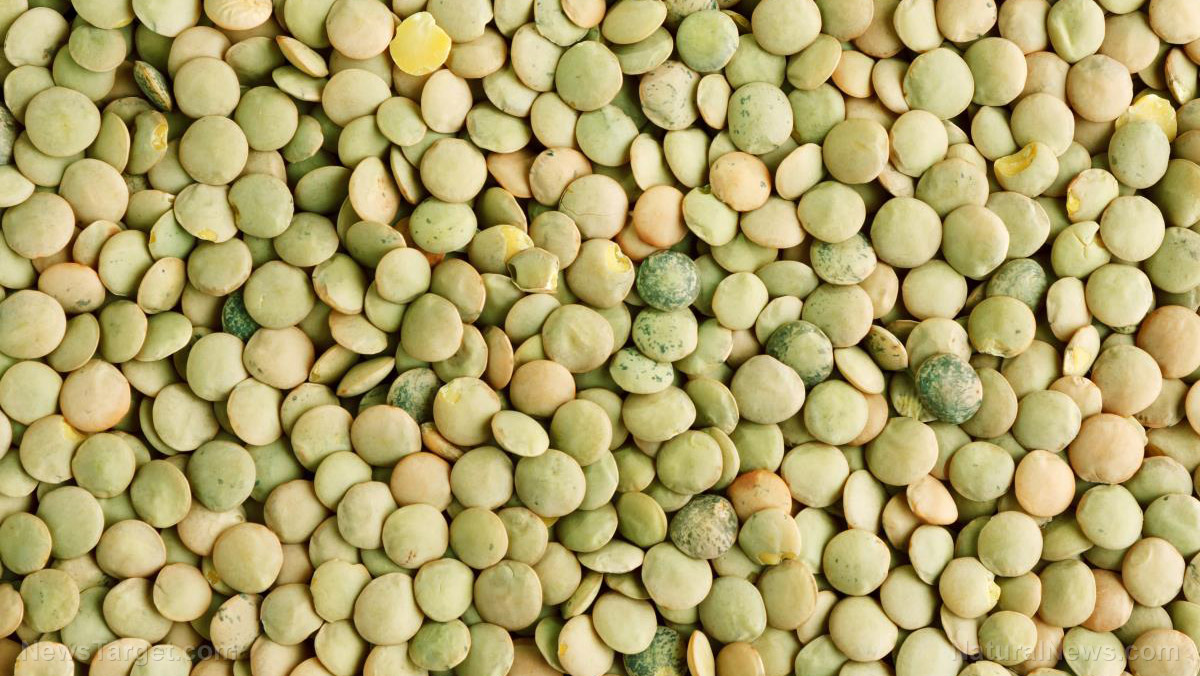Tulsi may be the ultimate adaptogen for everyday use
10/31/2018 / By RJ Jhonson
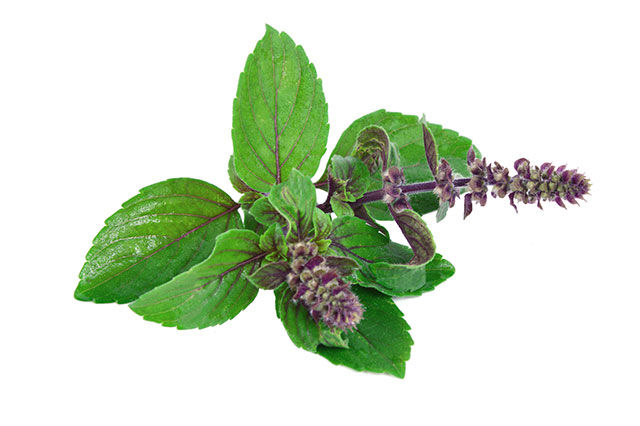
Tulsi or holy basil has been held in the highest regard in Ayurvedic medicine because of its healing capabilities. Today, it is being recognized for its ability to address chronic stress and its effects, as well as its potential anti-cancer properties.
Tulsi (Ocimum sanctum) is an aromatic shrub, a relative of the more familiar basil commonly used in Italian cuisine. It is thought to have originated in North Central India, although it can now be found all throughout the eastern tropics. Ayurvedic medicine sings it plenty of praises, calling it “the incomparable one,” “mother medicine of nature,” and “the queen of herbs.”
Recent studies indicate that these monikers may be on point, with many confirming the plant’s adaptogenic properties. An adaptogen is a substance that strengthens the immune system to help keep the body’s function at optimal levels even during times of stress. As an adaptogen that’s ideal for everyday use, tulsi may even reduce the risk of serious health conditions, including cancer.
Tulsi has antioxidant, anti-inflammatory, and immune-enhancing effects. Cellular studies have shown its remarkable ability to repair damaged cells, whether the damage is caused by oxidation or radiation. This suggests that tulsi has chemopreventive effects or the potential to disrupt the development of cancer.
Holy basil also contains BCP or (E)-beta caryophyllene, a compound that acts as a strong anti-inflammatory agent. According to researchers, holy basil also works to suppress the levels of the pro-inflammatory chemical COX-2 to relieve pain and inflammation, but without the unwanted side effects caused by medications formulated for the same purpose.
As an adaptogen, tulsi shines in its ability to help the body cope with stress. The ongoing effects of stress can pose a lot of devastating health problems. Chronic stress damages the nervous system, suppresses the immune system, and increases one’s appetite, leading to weight gain and possibly, obesity-related conditions like diabetes.
Holy basil helps alleviate stress-related anxiety, depression, and insomnia. This calming herb is used in therapy for post-traumatic stress disorder (PTSD). Its effects are such that many integrative physicians are recommending it for adrenal support.
Holy basil has been proven to decrease levels of cortisol and corticosterone. These hormones are beneficial at low levels – for instance, cortisol aids in blood sugar control while corticosterone improves brain function – but can have detrimental effects in large doses. They are both released as the body’s response to stress.
Holy basil as an anti-cancer agent
Tulsi is packed with powerful antioxidants that suppress the proliferation of cancer cells and induce apoptosis or cell suicide in malignant cells. In a recent study published in Nutrition and Cancer, researchers found that several of holy basil’s components, including eugenol, rosmarinic acid, luteolin, beta-sitosterol, and carnosic acid prevent chemically induced cancers of the skin, liver, mouth, and lungs. Holy basil fights cancer by increasing antioxidant activity, altering gene expressions, inducing apoptosis or cell suicide in malignant cells, inhibiting the formation of new blood vessels to feed tumors, and preventing cancer’s metastasis.
Additionally, two holy basil flavonoids, orintin and vicenin, were found to protect against the tumor-forming effects of radiation while protecting cell DNA from damage. (Related: Holy basil is a clinically proven antioxidant, cancer fighter, neuropathy healer, and anti-microbial.)
How holy basil should be taken
Holy basil is available in many forms. Supplements are obtainable in capsule form – herbalists and natural healers recommend taking 400 mg of the standardized extract a day. It is also advised that one look for a standardized formula that contains eugenol, caryophyllene, and triterpenic acids.
When buying holy basil, it is important to take extra care as some supplements may be contaminated with heavy metals. Lastly, tulsi has potent anticoagulant properties that may interact with certain medications or nutritional supplements, so it’s important to seek a healthcare professional’s advice before taking the plant as a supplement.
Learn which herbs are good for you at Herbs.news.
Sources include:
Tagged Under: adaptogen, anti-inflammatory, anticancer, antioxidant, chemoprevention, goodherb, herbal treatment, holy basil, Ocimum sanctum, stress relief, Tulsi


